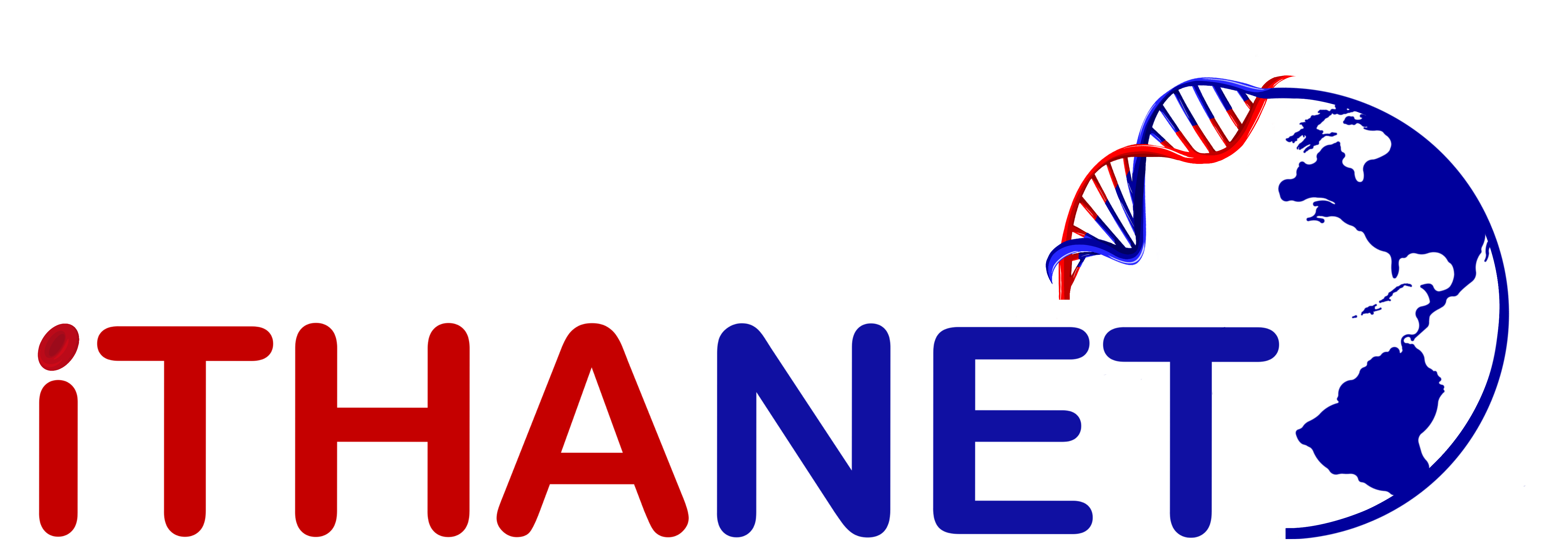GeneID: 326
Names
| Common Name: | PRKCE | Type: | Gene |
|---|---|---|---|
| Chromosome: | 2 (NC_000002.12) | Locus: | NM_005400.3 (PRKCE) |
| HUGO Symbol: | PRKCE | Full Name: | protein kinase C epsilon |
| Exons: | 15 | Introns: | 14 |
Description:
This gene encodes a member of the serine/threonine kinase family. It is activated by several different second messengers such as diacylglycerol (DAG), phosphatidylinositol 3,4,5-triphosphate (PIP3), and fatty acids generated by various cell stimuli. The kind of second messenger that binds to the C1 domain of PKCE and the specific adapter proteins in PKCE-mediated phosphorylation of other proteins determine the enzyme's subcellular localization. PKCE plays an essential role in the regulation of cell proliferation, differentiation, protein trafficking, muscle contraction and many more. It is expressed in many tissues, but abundantly in neuronal, hormonal and immune cells. Genetic variance in PRKCE gene associated with haematological parameters (e.g., haemoglobin level, haematocrit level and red blood cell count).
Synonyms: PKCE , nPKC-epsilon
Comments:
N/A
Number of entries/variants: 1
Sequence Viewer
Publications / Origin
- Akita Y, Protein kinase C-epsilon (PKC-epsilon): its unique structure and function., J. Biochem., 132(6), 847-52, 2002 PubMed
- Kim YK, Oh JH, Kim YJ, Hwang MY, Moon S, Low SK, Takahashi A, Matsuda K, Kubo M, Lee J, Kim BJ, Influence of Genetic Variants in EGF and Other Genes on Hematological Traits in Korean Populations by a Genome-Wide Approach., Biomed Res Int , 2015(0), 914965, 2015 PubMed
